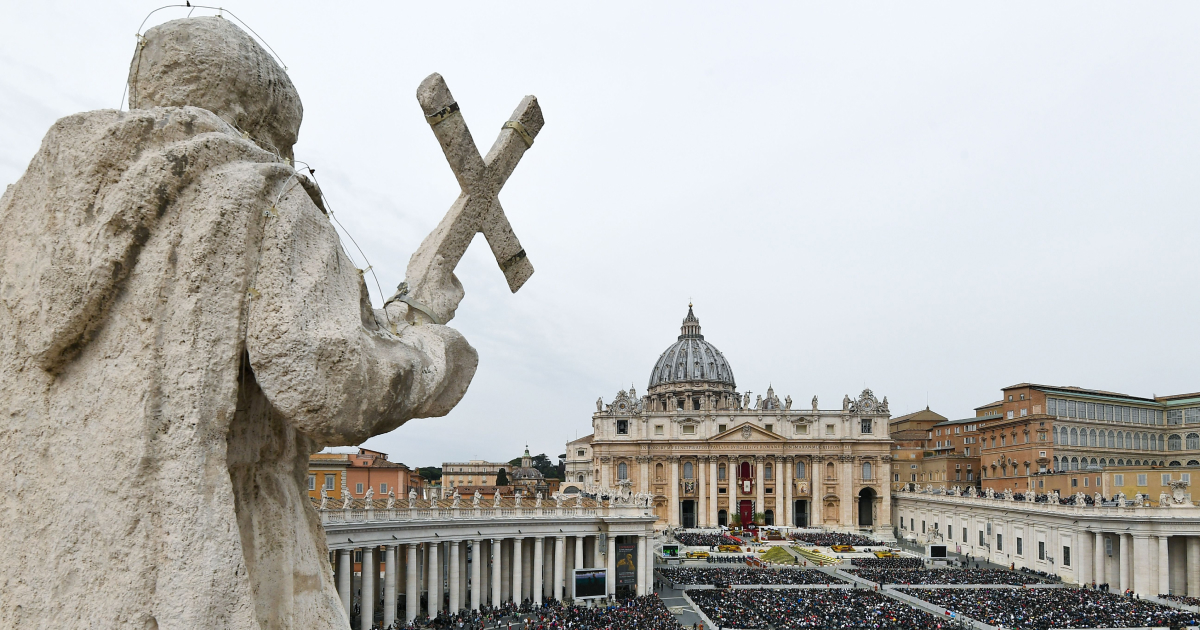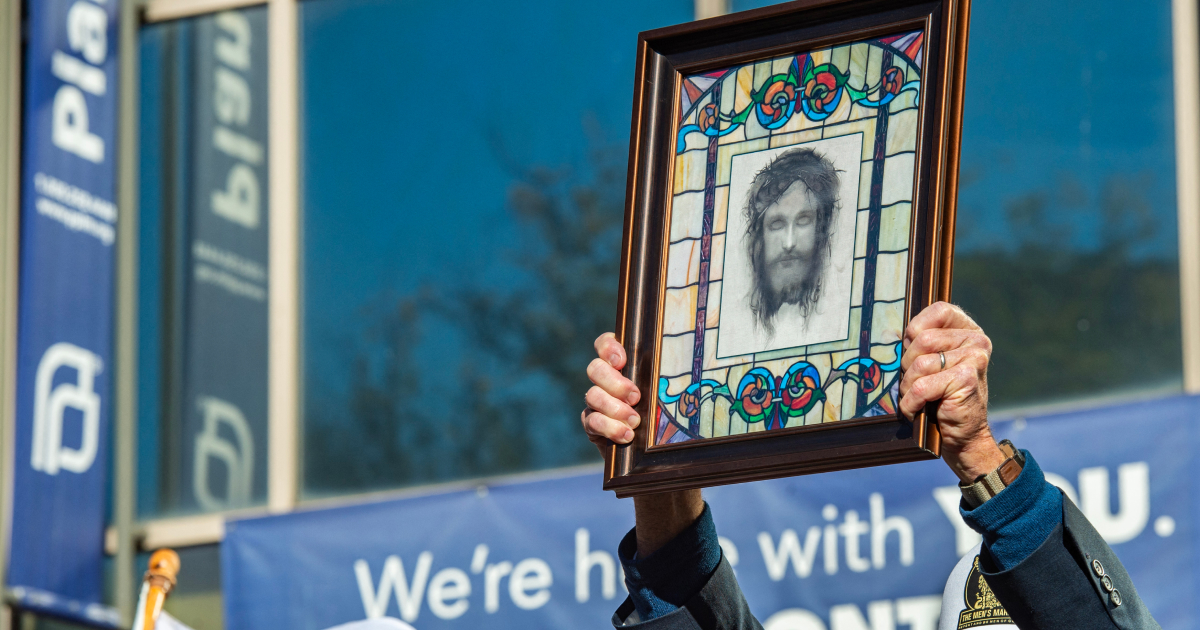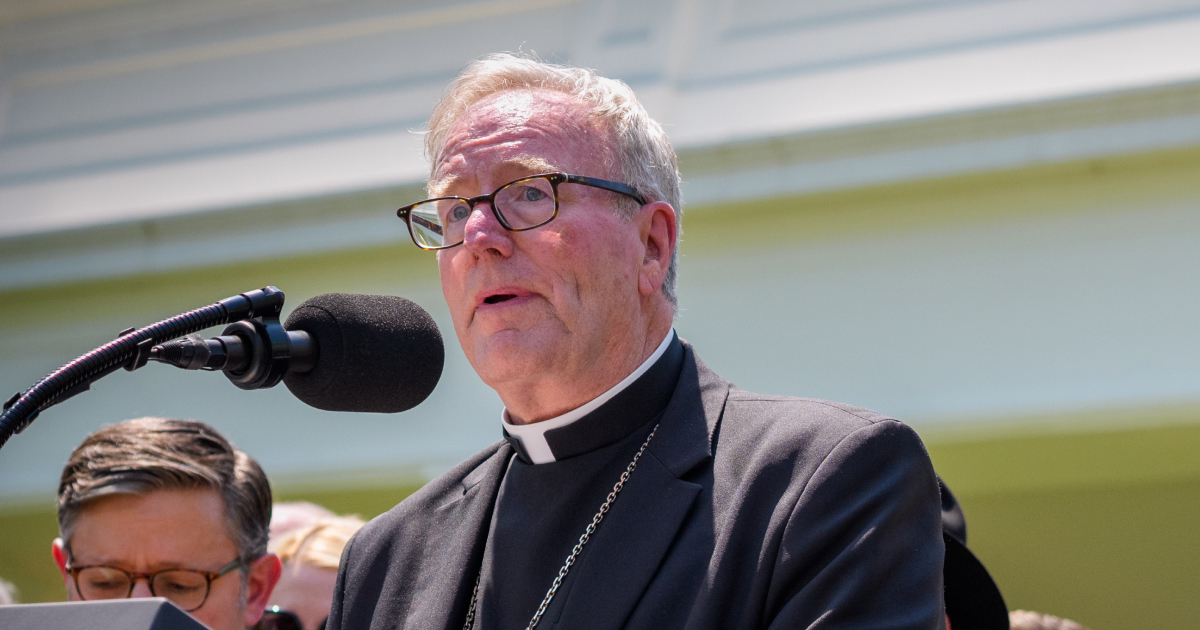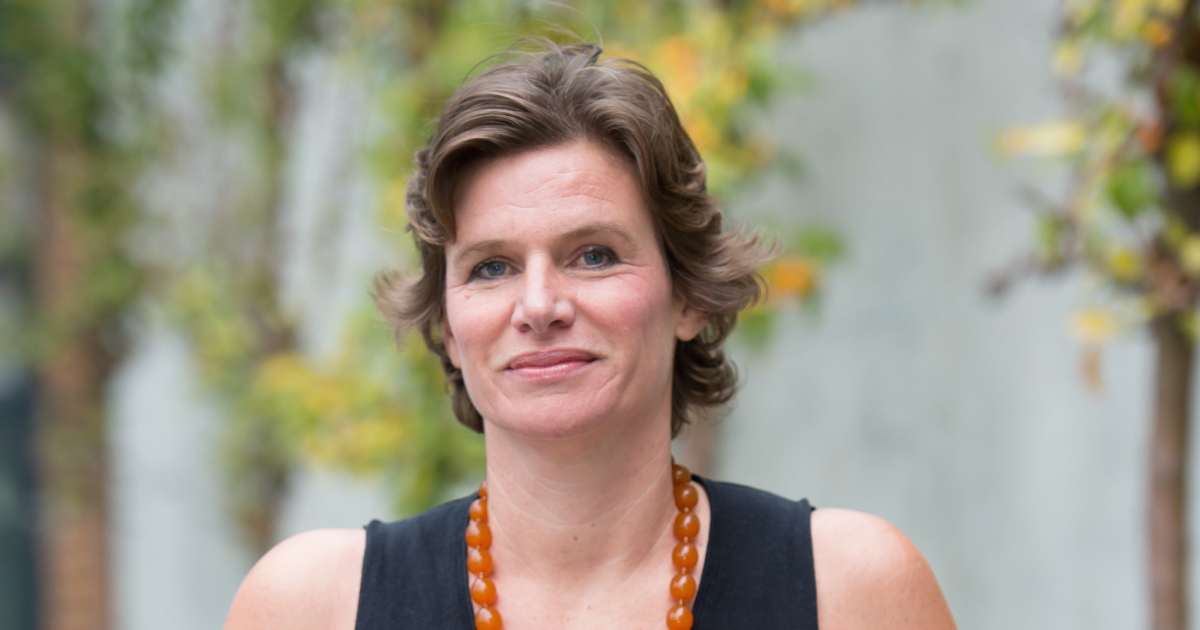Pope Leo XIV has publicly expressed his endorsement of a landmark “Special Message” on immigration issued by the United States Conference of Catholic Bishops (USCCB).
Speaking outside his summer residence at Castel Gandolfo on 18 November, the Pope urged Catholics of good will to heed its call for humane treatment and respect for the dignity of every person.
His Holiness said, “I appreciate very much what the bishops have said. I think it is a very important statement. I would invite especially all Catholics, but people of good will, to listen carefully to what they said.”
Many conservative Catholics were alleviated when the Pope insisted that while nations have the sovereign right to determine their borders, this must not justify treating immigrants who have lived for decades in a community in ways that are “extremely disrespectful, to say the least.”
“No one has said that the United States should have open borders,” he emphasised. “I think every country has a right to determine who and how and when people enter. But when people are living good lives, and many of them for ten, fifteen or twenty years, to treat them in a way that is extremely disrespectful, to say the least.”
Pope Leo went further than a simple word of encouragement for the U.S. bishops. He linked their appeal directly to the way ordinary families are being treated on the ground. He pointed out that even where people “are in the United States illegally, there are ways to treat that. There are courts, there is a system of justice.” The problem, he suggested, was not simply the existence of immigration law but the way it is enforced, noting “a lot of problems in the system” and lamenting that some responses have included “violence, unfortunately.”
The USCCB message, released following their plenary assembly in Baltimore earlier this month, marked the first time in twelve years since 2013 that the body had invoked its special message mechanism.
It warned of a growing climate of fear and anxiety around profiling and immigration enforcement, condemned detention centre conditions and the arbitrary revocation of legal status for immigrants, and called for meaningful reform of the U.S. immigration system.
The bishops emphasised that human dignity and national security are not in conflict but can both be upheld. Responding to the initiative, the Pope stressed that he found their remarks “very clear in what they have said,” and he invited not only U.S. Catholics but all people in the United States to pay attention.
Historically, the American bishops have been grappling with immigration for more than a century, first at diocesan level in the port cities that received European arrivals, and then through national bodies such as the National Catholic War Council and its successors in the early twentieth century.
In the modern era, one of the first comprehensive treatments of immigration by the bishops’ conference came in 2000 with the pastoral statement Welcoming the Stranger Among Us: Unity in Diversity, which summoned Catholics to a conversion of minds and hearts and urged parishes and schools to receive newcomers not as temporary guests but as part of the community’s life.
Two years later, in 2003, the U.S. bishops joined their Mexican counterparts to issue Strangers No Longer: Together on the Journey of Hope, a landmark pastoral letter that set out a full Catholic framework for responding to migration between the two countries.
The Trump administration has historically had a fraught relationship with the papacy, particularly evident in the last pontificate. Earlier this year, when JD Vance invoked the Augustinian teaching of ordo amoris, the order of love, the late Pope Francis issued a letter to US bishops. In it he refuted Vance’s interpretation of Catholic teaching and cited the better-known Christian ethic found in the parable of the Good Samaritan.
Thus far, Pope Leo has tended towards a middle road on matters of contention between the left and right. Whilst this public criticism of the Trump administration’s immigration policies and support for the US bishops in their rally against them is one of the strongest partisan actions we have seen from the pontiff, it still signals a cautious approach from the American pontiff.
(Photo by FILIPPO MONTEFORTE/AFP via Getty Images)

















